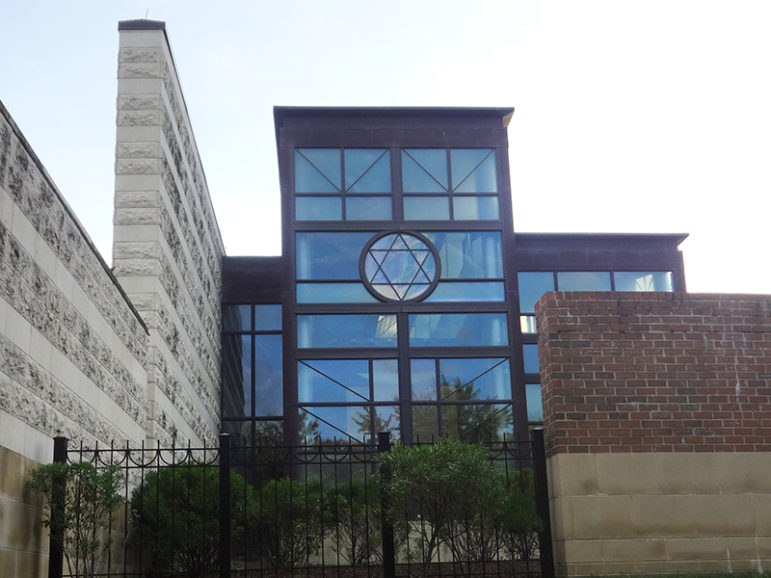(RNS) Though some Conservative synagogues have already welcomed non-Jews as members, the body that governs America’s second-largest stream of Judaism has now officially sanctioned the practice.
The 94-8 vote of the general assembly of the United Synagogue of Conservative Judaism — the umbrella group for the movement’s synagogues — now allows individual congregations to decide whether they will extend membership to non-Jews.
“The Rabbinical Assembly believes in the idea that synagogue life should be open to those who wish to be part of the Jewish community and we are enriched by their presence,” said Rabbi Stewart Vogel, treasurer of the Rabbinical Assembly, the association of Conservative rabbis.
Vogel is also vice chair of USCJ’s Commission on Community and Covenant, which convened last year to consider ways to engage interfaith couples.
“We encourage a spirit of welcoming that can strengthen the connections of all,” he said.
The March 1 vote comes at a time when the U.S. intermarriage rate for Jews hovers around 60 percent.
Though the movement had officially extended membership only to Jews previously, non-Jews were still considered members in some Conservative synagogues through family memberships that included all people in a household, Jewish and non-Jewish.
The Conservative movement sits between Reform, the largest stream of Judaism in the U.S., with its less strict interpretation of Jewish law, and various branches of Orthodox Judaism, the smallest and most traditional. Despite its name, which many in the movement believe no longer reflects its character, Conservative Judaism ordains women rabbis and sanctifies the marriage of gay couples.
There is pressure within the USCJ to be yet more welcoming to interfaith couples and to allow its clergy to preside at interfaith weddings — an option now open to clergy in the Reform movement.
A 2013 Pew Research Center study showed that 18 percent of American Jews identify with the Conservative movement.






